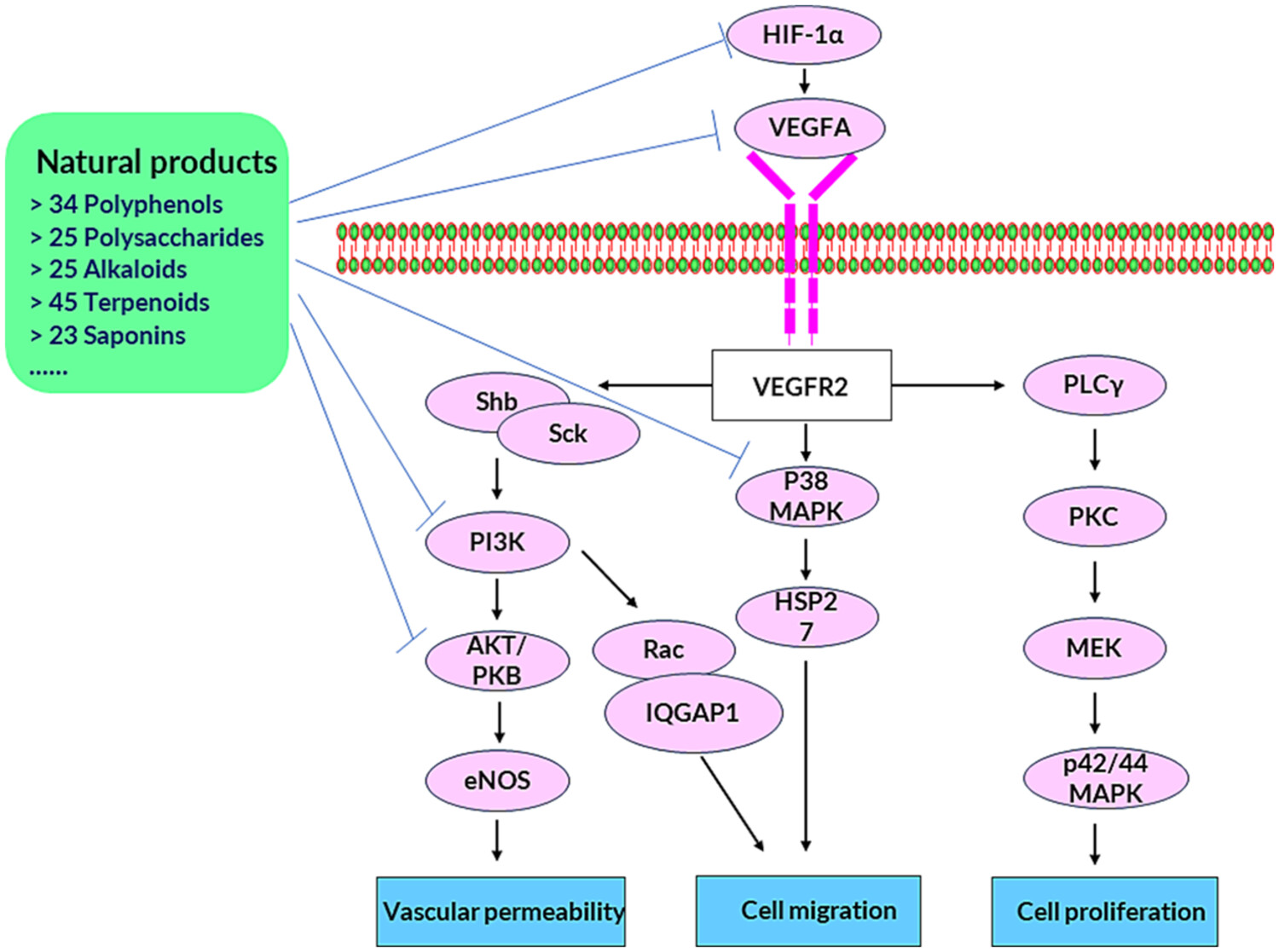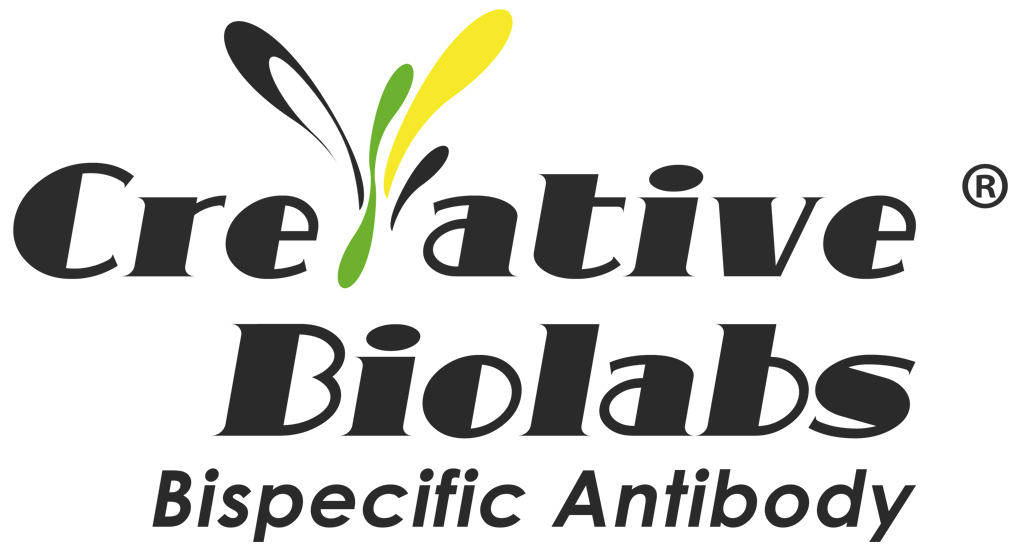Cancer is characterized by the abnormal development of cells that proliferate through uncontrolled cell division. It remains a significant global public health concern and is the second leading cause of death, trailing only cardiovascular diseases. In Europe, an estimated 3.91 million new cancer cases (excluding non-melanoma skin cancer) and 1.93 million cancer-related deaths were reported in 2018. Meanwhile, in 2022, the United States expected to see an additional 1,918,030 cancer cases and 609,360 cancer-related deaths, with approximately 350 people succumbing to lung cancer each day. The increasing number of cancer patients worldwide underscores the imperative need for further efforts in cancer prevention and treatment.
Recently, researchers from Johannes Gutenberg University Mainz published a comprehensive review titled “Natural Products Targeting Tumor Angiogenesis” in the British Journal of Pharmacology. This review aims to better understand the potential of natural products in inhibiting tumor angiogenesis and to facilitate the effective translation of these findings into clinical trials.

Fig. 1 Natural products targeting tumour angiogenesis (Lu, 2023)
Tumor angiogenesis refers to the formation of new blood vessels to support the growth of tumors. This process is crucial for the progression and metastasis of tumors, making it an attractive target for cancer treatment. Natural products derived from plants, animals, or microorganisms possess anti-angiogenic properties that can be utilized to inhibit tumor growth and progression.
In this review, researchers provide a comprehensive overview of the state of research on natural product anti-tumor angiogenesis as of March 2023, covering four key aspects: 1) the role of pro-angiogenic and anti-angiogenic factors in tumor angiogenesis; 2) the development of anti-tumor angiogenesis therapies (monoclonal antibodies, small molecules targeting VEGFR, and fusion proteins); 3) a review of natural products with anti-angiogenic properties, including polyphenols, polysaccharides, alkaloids, terpenoids, saponins, and their mechanisms of action; 4) future prospects for natural product anti-angiogenesis (improved bioavailability, dose and side effect testing, combination therapies, discovery of unique natural compounds).
It is evident from the research summarized in this review that natural products hold significant potential in the development of anti-angiogenic and anti-cancer therapies, particularly when considering their diverse structures and multiple mechanisms of action. Furthermore, the low toxicity and good tolerability of natural products are significant advantages in drug development.
However, the complexity of active ingredients in natural products and the ambiguity surrounding their mechanisms of action make their extraction and processing challenging, resulting in low bioavailability, which hinders their clinical use. Further efforts are needed to discover unique and active natural products that target angiogenesis and elucidate their mechanisms through methods such as high-throughput screening and genomic analysis.
Additionally, rational computer-aided design techniques or novel drug delivery technologies enable the modification of natural products as potential lead structures with enhanced anti-angiogenic activity and high selectivity. Notably, combination therapy is considered a promising treatment option while ensuring safety and tolerability. More efforts are required to improve well-designed clinical trials and the clinical co-administration of natural products.
Reference
1. Lu, Xiaohua, Lara Johanna Friedrich, and Thomas Efferth. “Natural products targeting tumour angiogenesis.” British Journal of Pharmacology (2023).
